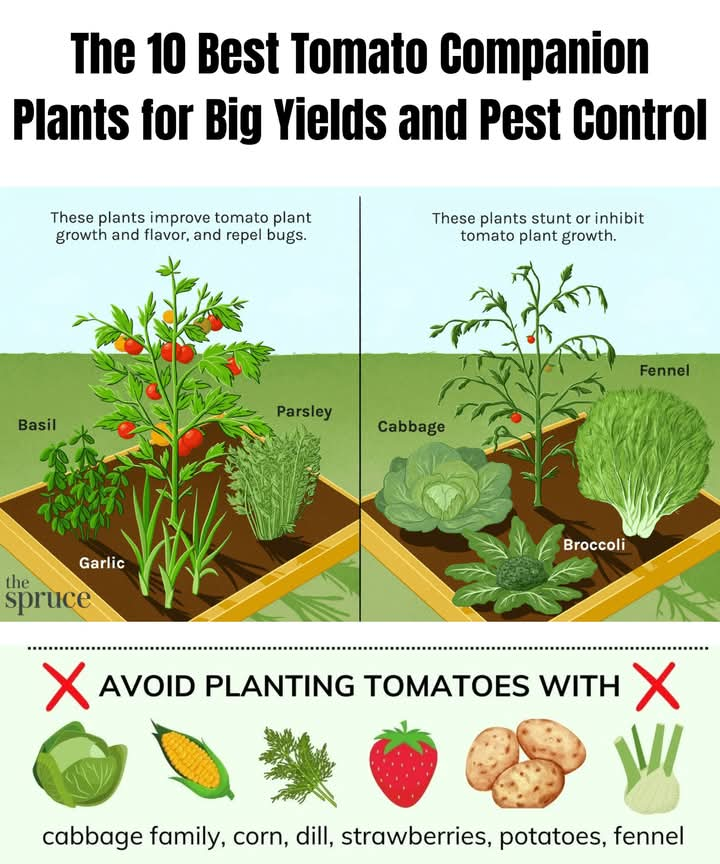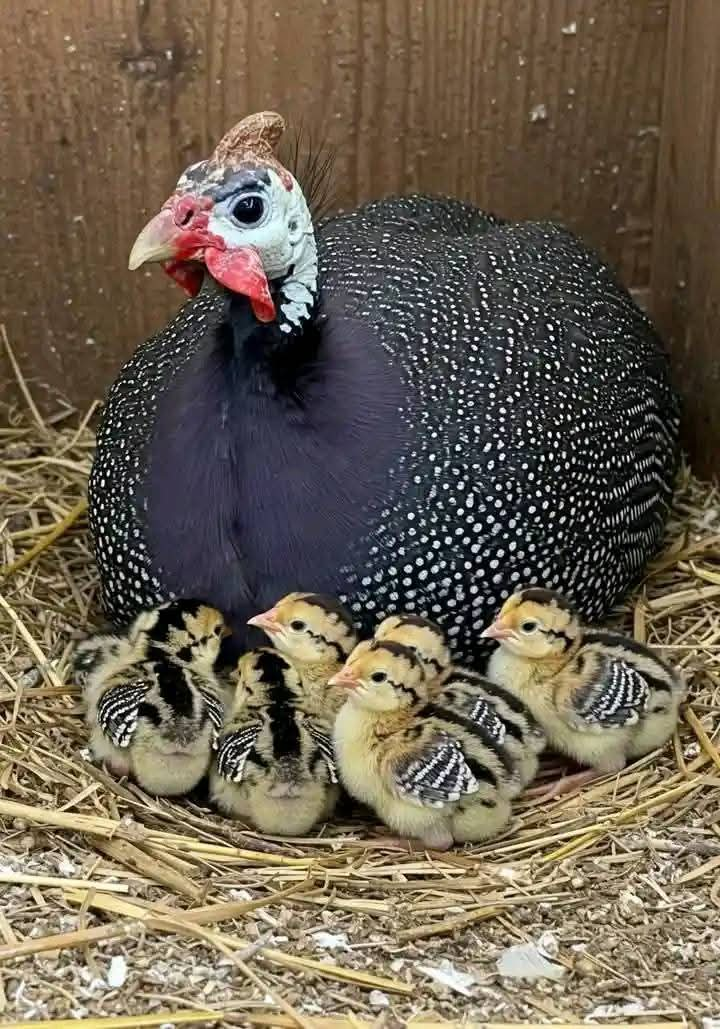Guinea Fowl Farming 101: A Smart Guide For Beginners
Guinea Fowl Farming 101: A Smart Guide For Beginners
Are you interested in starting a farming venture that’s both profitable and sustainable? Guinea fowl farming offers a fantastic opportunity to raise birds for their meat, eggs, and feathers, each with unique benefits!
What Makes Guinea Fowl Special?
Meat: Lean, flavorful, and highly sought after in specialty markets.
Eggs: Nutritious and laid consistently after 18-20 weeks of age, with about 100-120 eggs per year.
Feathers: Used in crafts and decorations, providing an additional income stream.
Key Aspects to Consider:
Housing:
Provide a safe, dry, and well-ventilated coop. Each bird needs at least 2-3 square feet of space to thrive.
Nutrition:
A balanced diet is essential. Feed grains, proteins, vitamins, and minerals to promote healthy growth and egg production.
Health Management:
Regular vaccinations and good hygiene practices help prevent diseases. Monitor your birds closely for any signs of illness.
Breeding & Reproduction:
Learn about the breeding cycle, incubation period, and brooding to successfully raise chicks and expand your flock.
Marketing:
Identify your target market-restaurants, farmers’ markets, or specialty meat shops-and tailor your products accordingly.
Production Highlights:
Egg Production: Starts at 18-20 weeks old, with hens laying up to 120 eggs annually.
Meat Production: Birds reach market weight (3-4 lbs) by 12-14 weeks.
Feather Use: Feathers are valuable for crafts and decorative purposes.
Best Practices:
Prioritize animal welfare and sustainable farming methods.
Research local farming regulations to stay compliant.
Connect with experienced farmers for advice and mentorship.
Did you know? Guinea fowl are natural pest controllers, helping reduce ticks and insects on your farm!




